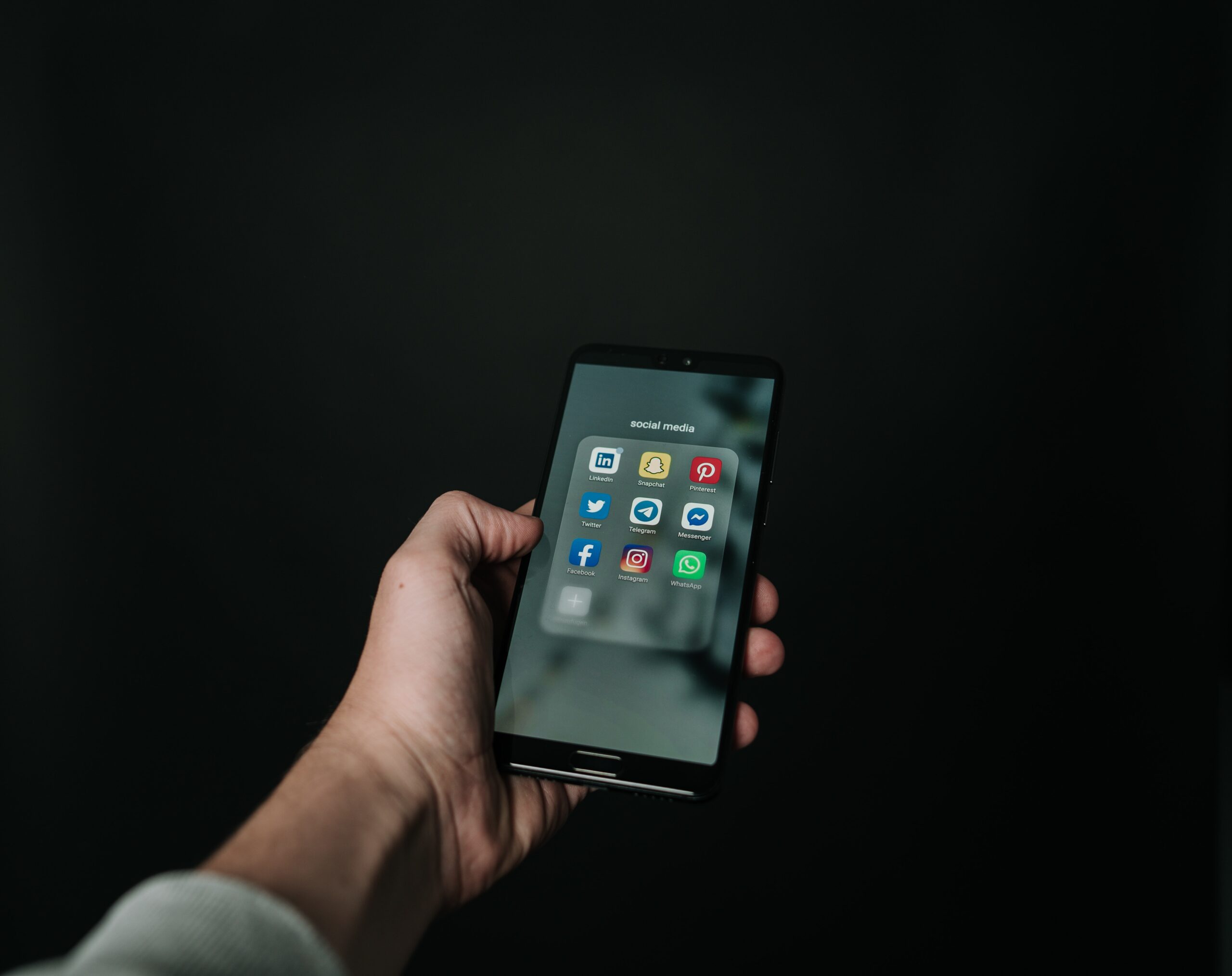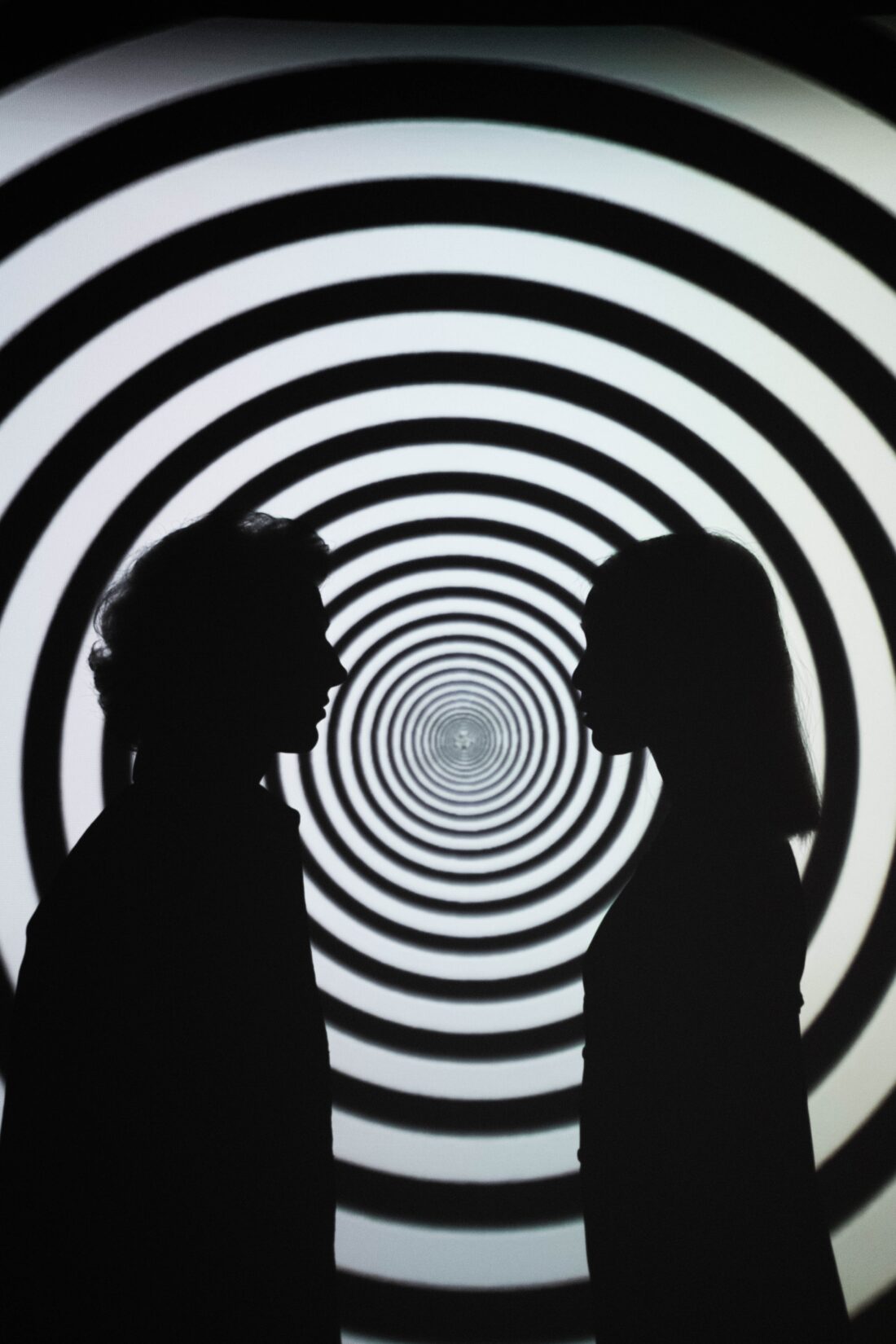Catch It Early: How to Recognize Signs of Hearing Loss
The impact of hearing loss on our lives is not always immediately apparent. The human body and behaviour are very adaptable, so we often fail to notice the overall effects of a health issue until it reaches a critical level. However, we can avoid such situations by identifying early patterns and taking proactive measures. As with most health concerns, we want to catch it as early as possible. Here are some indicators and tips to recognize the signs of hearing loss. Signs you may have hearing loss Hearing loss to any degree can cause changes and struggles to your quality of life. The more severe the hearing loss, the greater impact on your daily life. Recognizing the following common early signs of hearing loss is crucial: Struggling to understand conversations, particularly in crowded or noisy environments. Feeling exhausted or stressed after engaging in conversations. Perceiving people to be mumbling more frequently. Finding it challenging to follow conversations in group settings or with background noise. Frequently asking others to repeat themselves, speak slower, or louder. Increasing the volume of your TV or radio beyond what others prefer. Experiencing difficulty hearing on the phone. Feeling physically and/or mentally drained after listening to people talk. Feeling irritated, stressed, or overwhelmed by noise or voices. Experiencing frustration or embarrassment in certain social situations or conversations If you or a loved one are experiencing any of these frustrations in everyday conversation, you may have hearing loss. Why early intervention? Hearing loss places additional strain on our...










Recent Comments